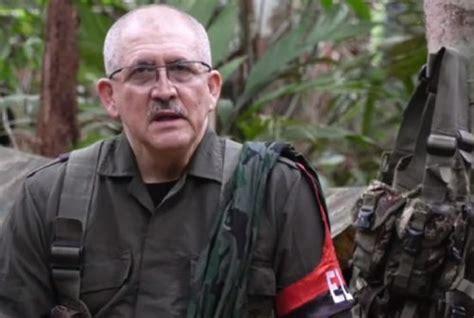
On December 2, 1823, 200 years that the Monroe Doctrine has badly coexisted with us; it was a foreign policy envisioned and formalized by the then president of the United States, James Monroe.
With this doctrine, a hemisphere of area of influence and control of the United States was established; at the same time, it placed limits on European countries in the face of their possible interference in the region, those being times of independence developments.
It argues that any territory in the Americas is of its exclusive interest and any country that attempts relations or interventions of any kind would be considered a threat to its national security.
With this approach, it became clear that both South and Central America and the Caribbean were essential to the national interests of the United States, which resulted in a tough, aggressive policy of preserving its interests. It was, without a doubt, a North American neo-colonialism over Latin America.
There are many examples of U.S. interference and interventionism in our America, some of the many examples: coup d’état in Guatemala (1954), invasion of Cuba (1961), coup d’état in Chile (1973), invasion of Panama (1989), war with the contras in Nicaragua (1980); just to mention a few examples.
Simón Bolívar always warned about the dangers of falling into the hands of a foreign power, expressed his open concern about the ambitions of the northern country in the region. In several of his communications he expressed this. In the Jamaica Charter, written in 1815, he analyzes the situation in Latin America and expresses his desire for a “free and united” continent, and emphasizes the need for Latin American countries to remain alert to any external threat to their independence and sovereignty.
Now, in the 21st century, history continues to prove Bolívar right. Going through the inhumane blockades of non-subordinate countries, interference in internal affairs, application of different strategies that include destabilizing a society to gain position and strengthen its presence, the soft coup, support for reactionary ultra-conservative sectors, the supposed fight against drug cartels as an excuse for intervention, etc.
Laura Richardson’s lecture to one of NATO’s think tanks “Atlantic Council” is already well known, where she re-enhances the Monroe doctrine in all its splendor, with variants of course, because now the enemy is in Russia and China in the midst of the advance of a new multipolar order; in this context, it states that it is necessary to “do whatever it takes” to maintain control of the region, and expresses in detail its open and cynical interest in the control of resources such as Lithium, Water, Copper, Gas, Oil, among others. (Richardson, 2022).
It traces a route of action, hybrid warfare type, which combines various strategies such as the so-called soft coup, the strong communicative matrix, the use of mass and war psychology; in order for governments with a tendency towards the defense of autonomy and sovereignty to fall, to not sustain themselves, to prevent their management, generate social chaos, for example Haiti, Ecuador, Peru; all to carry out its repositioning in the region in the face of the commercial advance of China and India, and relations with Russia.
This reality in the midst of a new emerging multipolar order tends to deepen and accelerate. And in this context, the icing on the cake appears: the “Simón Bolívar” Plan to re-colonize Our America.
This plan seeks, according to the document leaked by officials of the US embassy in Bolivia and meticulously prepared by the Center for Multidisciplinary Geopolitical Studies (CEGAM) entitled “Latin America in the Eye of the Storm, among other things” is to divide Latin America in order to prevent the possible advance of the Unity in instances such as CELAC or the advance of the BRICS, bilateral agreements, among others, that put U.S. interests at risk.
The leaked document, with an incoherent name, sets out among others these objectives:
– Prevent Latin America from ceasing to depend on the US and continuing to open its market to China and India.
– Ensure control of strategic natural resources in the region.
– Maintain U.S. hegemony in the midst of a multipolar world.
This is a real threat and important to learn from history, so that memory guarantees and monitors to prevent repetition.
At this point, the unity of Latin America is urgent, necessary, not only to counteract the influence of the United States, but also of any other power. Unity strengthens the capacity for negotiation, to set conditions and allows progress towards cooperation between countries, between peoples, gaining autonomy and sovereignty.
Now, the peoples of our America, in this re-empowered stage of the Monroe Doctrine, must be alert, qualify the struggles for the defense of the territories, the environment, the culture of the peoples, their identity. This unity of the peoples is even more necessary and urgent because it is the guarantee of permanence and existence; the struggle continues and must be adapted to the logics and challenges that the emergence of a new geopolitical context has in store for us.